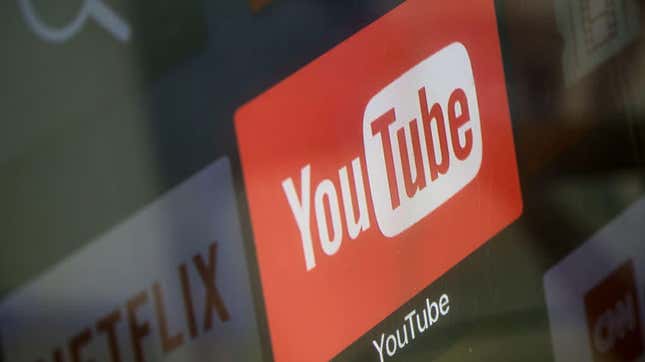YouTube's Recommendation Algorithm Reportedly Leads Pedophiles to Home Videos of Kids
Latest

YouTube has already faced problems for allowing disturbing, violent bootleg content geared towards children to proliferate on the platform— alongside with popular creators and vloggers who potentially endanger their children in videos. But an investigation from researchers at Harvard’s Berkman Klein Center for Internet and Society finds that YouTube also endangers children is subtle ways, through its algorithms, which can, with a few clicks, lead viewers seeking out sexual content directly to videos of young children.
YouTube’s recommendation system, which the company says is powered by artificial intelligence, has long been criticized for creating a “rabbit hole effect,” leading viewers to increasingly extreme content as they watch. For example, reporters have found that far-right conspiracy videos, which proliferate on the platform, are often rewarded for their hyperbolic outrage and extremism via the algorithm. So that a search that begins with something relatively benign (“Donald Trump rallies”) eventually leads to fringe, and extreme theories.
-

-

-

-

-

-

-

-

-

-

-

-

-

-

-

-

-

-

-

-

-

-

-

-

-

-

-

-

-

-

-

-

-

-

-

-

-

-

-

-








































